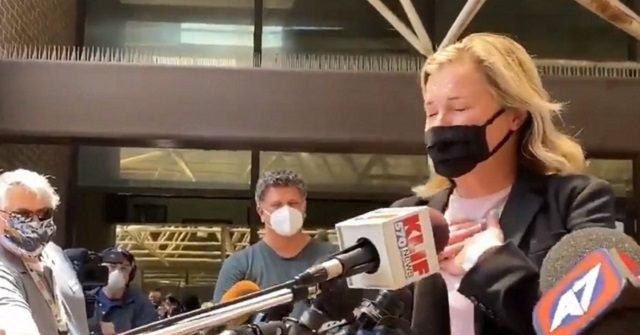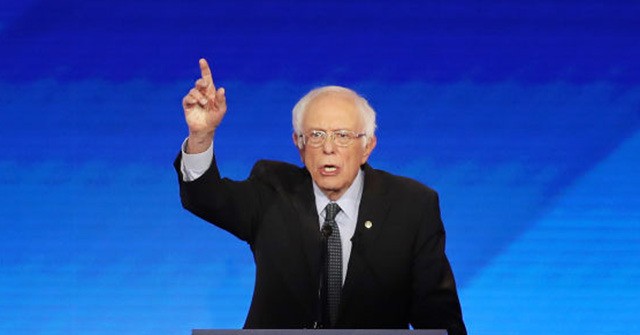South Bay United Pentecostal Church v Newsom denial of hearing is a travesty. The entire issue fails to address the fundamentals of civil liberties, the public good , and the use of emergency authority.
1. Does the perception of an emergency constitute an emergency? Can civil liberties be suspended because of what someone thinks could happen? Does an emergency require the actual evidence of one?
2. Does an emergency extend legislative authority to the executive? In Article IV, Clause 4, the Constitution extends authority to the executive when the legislature cannot be convened during "Domestic Violence". Where COVID is not "Domestic Violence" the thinking is telling. Given the level of technology (especially in reference to communications) when cannot the legislature be convened?
3. Civil Liberties. What takes precedence. The governments interests or the citizens interest? The answer should always lean heavily towards the citizen.
From Roman Catholic Diocese of Brooklyn v. Cuomo
“The loss of First Amendment freedoms, for even minimal periods of time, unquestionably constitutes irrep-arable injury.”
" But even in a pandemic,the Constitution cannot be put away and forgotten. The re-strictions at issue here, by effectively barring many from attending religious services, strike at the very heart of the First Amendment’s guarantee of religious liberty. Before allowing this to occur, we have a duty to conduct a serious examination of the need for such a drastic measure."
https://www.law.cornell.edu/supremecourt/text/19A1044
#TheQuestionNotAsked, #WhatIsAnEmergency, #CivilLiberties, #ExecutitveAuthority, #LegislativeAuthority, #COVID19, #ArticleIVClause4
1. Does the perception of an emergency constitute an emergency? Can civil liberties be suspended because of what someone thinks could happen? Does an emergency require the actual evidence of one?
2. Does an emergency extend legislative authority to the executive? In Article IV, Clause 4, the Constitution extends authority to the executive when the legislature cannot be convened during "Domestic Violence". Where COVID is not "Domestic Violence" the thinking is telling. Given the level of technology (especially in reference to communications) when cannot the legislature be convened?
3. Civil Liberties. What takes precedence. The governments interests or the citizens interest? The answer should always lean heavily towards the citizen.
From Roman Catholic Diocese of Brooklyn v. Cuomo
“The loss of First Amendment freedoms, for even minimal periods of time, unquestionably constitutes irrep-arable injury.”
" But even in a pandemic,the Constitution cannot be put away and forgotten. The re-strictions at issue here, by effectively barring many from attending religious services, strike at the very heart of the First Amendment’s guarantee of religious liberty. Before allowing this to occur, we have a duty to conduct a serious examination of the need for such a drastic measure."
https://www.law.cornell.edu/supremecourt/text/19A1044
#TheQuestionNotAsked, #WhatIsAnEmergency, #CivilLiberties, #ExecutitveAuthority, #LegislativeAuthority, #COVID19, #ArticleIVClause4
South Bay United Pentecostal Church v Newsom denial of hearing is a travesty. The entire issue fails to address the fundamentals of civil liberties, the public good , and the use of emergency authority.
1. Does the perception of an emergency constitute an emergency? Can civil liberties be suspended because of what someone thinks could happen? Does an emergency require the actual evidence of one?
2. Does an emergency extend legislative authority to the executive? In Article IV, Clause 4, the Constitution extends authority to the executive when the legislature cannot be convened during "Domestic Violence". Where COVID is not "Domestic Violence" the thinking is telling. Given the level of technology (especially in reference to communications) when cannot the legislature be convened?
3. Civil Liberties. What takes precedence. The governments interests or the citizens interest? The answer should always lean heavily towards the citizen.
From Roman Catholic Diocese of Brooklyn v. Cuomo
“The loss of First Amendment freedoms, for even minimal periods of time, unquestionably constitutes irrep-arable injury.”
" But even in a pandemic,the Constitution cannot be put away and forgotten. The re-strictions at issue here, by effectively barring many from attending religious services, strike at the very heart of the First Amendment’s guarantee of religious liberty. Before allowing this to occur, we have a duty to conduct a serious examination of the need for such a drastic measure."
https://www.law.cornell.edu/supremecourt/text/19A1044
#TheQuestionNotAsked, #WhatIsAnEmergency, #CivilLiberties, #ExecutitveAuthority, #LegislativeAuthority, #COVID19, #ArticleIVClause4
0 Comments
0 Shares
1K Views











